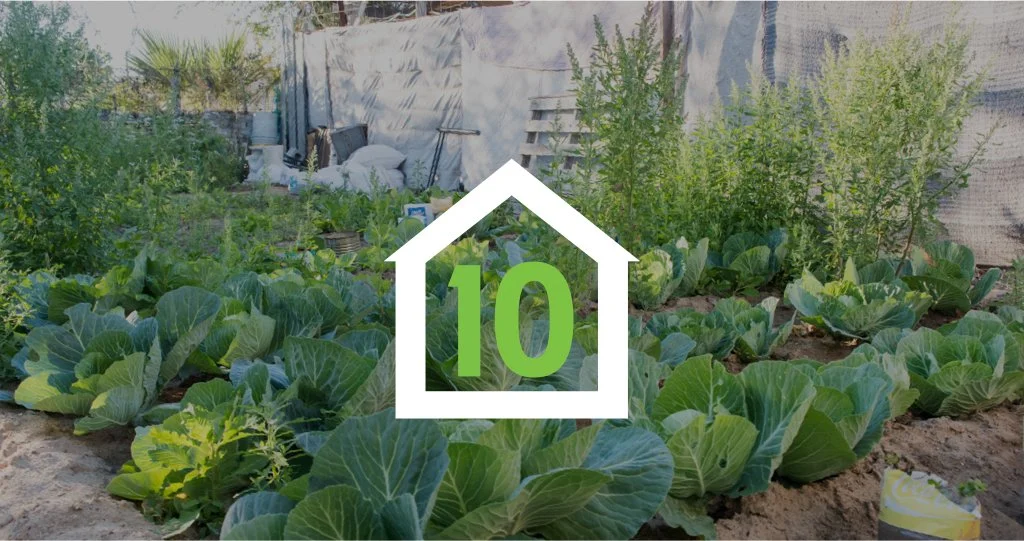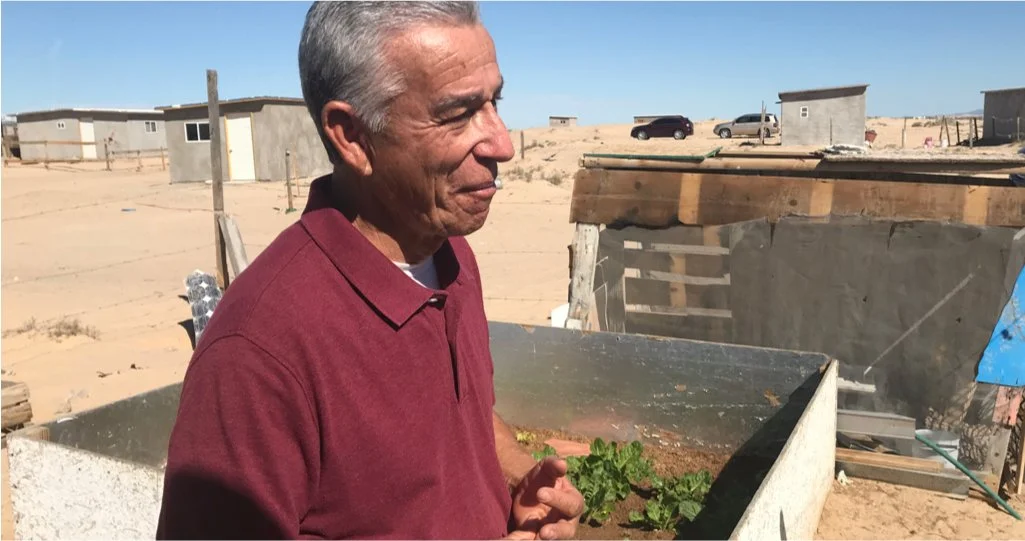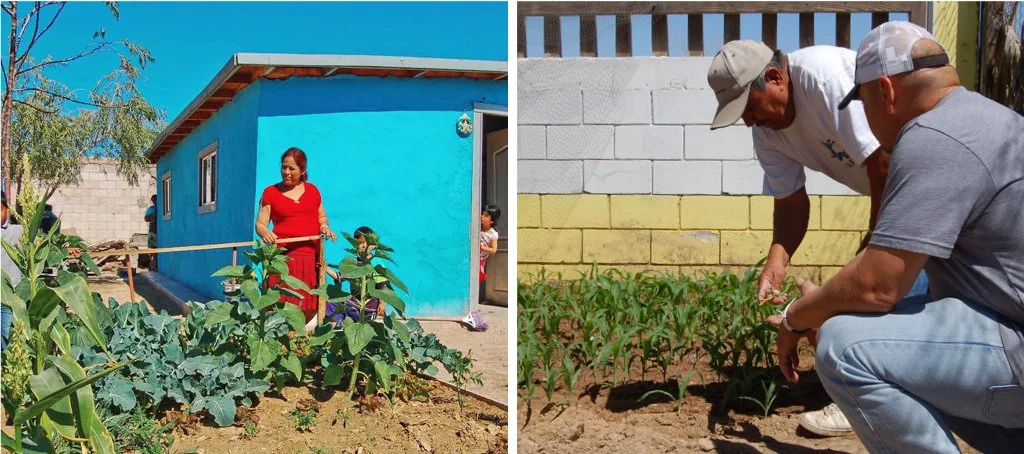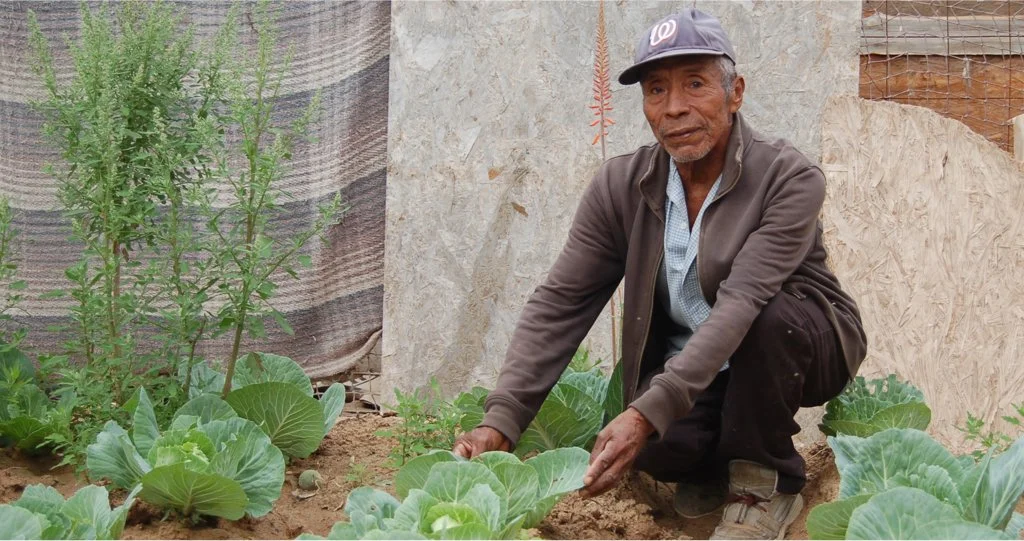Carrots, Cilantro, Community
Note: this post originally appeared on the 1MISSION blog as part of a commemoration of the organization’s tenth anniversary.
If you could plant a garden anywhere in the world, the barrios of Puerto Peñasco probably wouldn’t be your first choice.
For starters, it’s hot. Especially during the summer months, the sun can be unforgiving to plants, animals, and humans alike. And then there’s the sand. As far as the eye can see, it’s sand and more sand. Not exactly the Garden of Eden.
So it’s not surprising that many of Puerto Peñasco’s barrios are food deserts – low-income areas that lack access to affordable fresh food like fruits and vegetables. Without a nutritious diet, children don’t develop to their full potential and adults suffer long-term health problems that put a strain on their families.
Ruben is determined to change all this. A lifelong resident of Puerto Peñasco, Ruben has always had a green thumb. And when he retired from his government job last year, he decided to devote himself to gardening – and teaching gardening – full time.
“The main goal is for every family that participates in this program to plant their own garden at home and to prepare food they have grown themselves,” Ruben says. A secondary goal is to eventually start a larger community garden that will enable families to sell produce as a source of income.
Ruben teaches hands-on classes at four small community gardens throughout Puerto Peñasco. In one of these gardens, Ruben points out chard, carrots, radishes, potatoes, cilantro, and cabbage – an amazing variety for such a small space.
More than 60 participants are currently enrolled and some 300 people have taken the class since the beginning, where they have learned the core principles of community development, as well as the process for making compost and a variety of gardening tips.
Most of those who participate in the gardening classes are earning a new house through 1MISSION, but others who already have sufficient housing sometimes participate as well. In the process, all participants learn the core principles of community development, like the importance of locals taking initiative, finding sustainable solutions, and focusing on holistic outcomes.
Some program participants work long hours at difficult jobs, sometimes far from home, so having the time and energy to garden at home is a challenge. But when they see the plants that are capable of thriving on their land – and when they get to taste fresh fruit and vegetables for themselves – that’s when hearts and minds begin to change.
In many ways, Ruben is continuing the work of our longtime friend Toribio, whose small tomato patch grew into a community garden in the San Rafael neighborhood, one of the gardens where classes continue to be held. Although Toribio is getting up in years and is beginning to slow down, many in the community can still point back to the gardening classes he taught as a turning point in their lives.
As Ruben and Toribio have taught hundreds of neighbors, what begins with a handful of small, insignificant seeds in a plot of sandy dirt can eventually grow to become a flourishing garden, feeding entire families. The results may not be visible right away, but eventually, they become undeniable.



